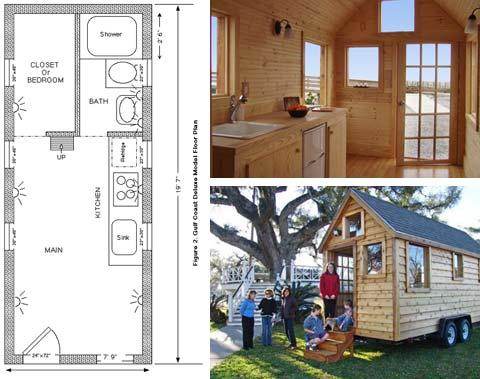posted 13 years ago
When I was a NROTC Midshipman, I had to write a paper for military history class about what the next big conflict was going to be. Instead of actually thinking about it, I asked my dorm neighbor (government major) what he though, and wrote that down. Needless to say, we were both wrong. I got a decent grade, but the Soviets never pushed through Iran/Pakistan to gain access to a warm water port.
So what class are you trying to get others to write a paper for? I'm not saying nobody wants to do it: It's a fun academic exercise. But it's just an academic exercise based an a lot of pre-suppositions that won't turn out to be accurate. Your questions seem grounded in the current paradigm, dominated by gradualist thinking and an industrial model. Think outside that box.
Start by imagining a world of 30%+ unemployment, with $15 a gallon gas. Imagine infrastructure breaking down because nobody can afford to maintain it. The lights go out in a lot of places, and are unreliable in a lot more. All the tractors that used to plow the midwest for grain sit idle, because there's a drought and fuel costs too much to run them. You've got a parent or grandparent with a replacement hip, and you can feel some of your joints giving you trouble, but you know that you can't afford that kind of treatment, and never will. Take care of yourself if you can.
Maybe you've been a student, but the student loan office is in trouble because of the financial crisis, and word comes around that next quarter they're not going to have the money to pay your tuition. Your part-time job has laid you off. The school announces that there will be a steep reduction in classes, and you realize you're not going to be a student anymore. Or maybe you're a little older. The story is the same: no job, not enough food, no reason to stay.
You look around the Portland Metro Area. People have been saying that urban permaculture is a good idea, and you've been trying. The problem is there are a lot of other people trying too, and there's not enough room. A hundred years ago in China, it took about a third of an acre to support each person through intensive traditional farming. You hope to do better than that because you're doing mixed crops in layers, but you've never gotten the space or the quantity of plants to actually provide you with enough calories, just from your garden. So you need to get out of town.
You head out into the Tualitin Valley. It's full of others like yourself, trying to find a spot for a garden. It's also full of tract houses and the remains of the old nursery plant farms. There's a lot of fighting over land. Gardens are planted and ripped up in the night as part of disputes. There are power structures, based on Neighborhood Watch and old property claims. There's less bureaucratic run-around and more outright hostility. You see it's not safe and move on. You've got a bicycle with an improvised trailer, which you plan to use as a garden cart too. So it's west over the coast range or south within the Willamette Valley. You pick south.
You fall in with others who are in similar situations. Most of them are young enough to travel under their own power. Some have limited tools while some barely have the clothes on their backs. Some are dreamers, but others have actual skills. Some are just discovering their skills or learning as they go. Some walk. Some have bikes. Some have grocery carts. You all trade ideas about how to do things. Eventually you get to a place where there seems to be a little abandoned land on the margin of the valley, and you all set up camp. This will be home.
Now begin practicing permaculture. The old model wasn't sustainable, but it was comfortable while it lasted. The new model is up to you.

 1
1
















 I agree with your assessment of the likely near future. Permaculture can help it be less painful, I think.
I agree with your assessment of the likely near future. Permaculture can help it be less painful, I think.



















































